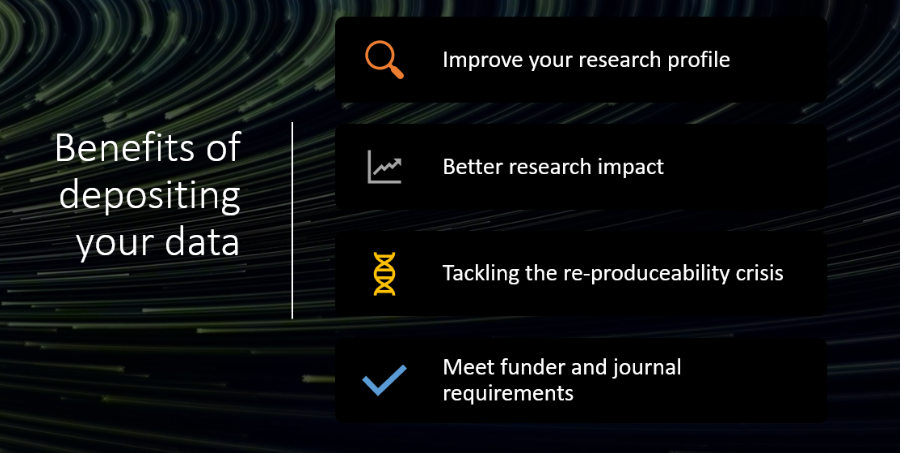It’s Day 4 of International Open Access Week! Today we are focusing on how Library and Learning Services (LLS) supports Open Access at BU.
 LLS plays a key part in promoting open access across the University, managing journal funding deals and making research outputs available via Bournemouth University Research Online (BURO) and the Bournemouth Online Research Data Repository (BORDaR).
LLS plays a key part in promoting open access across the University, managing journal funding deals and making research outputs available via Bournemouth University Research Online (BURO) and the Bournemouth Online Research Data Repository (BORDaR).
Our Open Access guide helps with understanding OA and promoting our funding deals, enabling BU academics to publish Gold Open Access for free (or in some cases for the cost of VAT) in over 10,000 journals.
Gold open access publications will be made available via publisher web pages, and BURO, but it is the work of the BURO and BORDaR Teams that allow your Green open access work to be made publicly available, such as this paper on tourism or this dataset on cyber security.
Populating BURO involves
- Scanning alerting services weekly for BU research outputs to ensure BRIAN is comprehensively populated with records
- Ensuring full text is uploaded to BURO via BRIAN where it is missing (around 20% of all BRIAN records are resolved by LLS)
- Processing all records uploaded by academics and ensuring the correct version is made available and copyright compliant
In the past 12 months 1400+ records were reviewed and processed by the BURO Team. Amongst the 10 most popular downloads over the last 12 months include this Green open access paper from 2019 on social media (4000+ downloads), this BU doctoral thesis from 2015, also on social media.
Join in the conversation around open access week on social media using #OAweek, or contact us at research@bournemouth.ac.uk if you’d like to share your thoughts via the research blog.
Find out more about Open Access at BU on the RKE Sharepoint site












 Second NIHR MIHERC meeting in Bournemouth this week
Second NIHR MIHERC meeting in Bournemouth this week Dr. Ashraf cited on ‘Modest Fashion’ in The Guardian
Dr. Ashraf cited on ‘Modest Fashion’ in The Guardian NIHR-funded research launches website
NIHR-funded research launches website MSCA Postdoctoral Fellowships 2025 Call
MSCA Postdoctoral Fellowships 2025 Call ERC Advanced Grant 2025 Webinar
ERC Advanced Grant 2025 Webinar Horizon Europe Work Programme 2025 Published
Horizon Europe Work Programme 2025 Published Horizon Europe 2025 Work Programme pre-Published
Horizon Europe 2025 Work Programme pre-Published Update on UKRO services
Update on UKRO services European research project exploring use of ‘virtual twins’ to better manage metabolic associated fatty liver disease
European research project exploring use of ‘virtual twins’ to better manage metabolic associated fatty liver disease